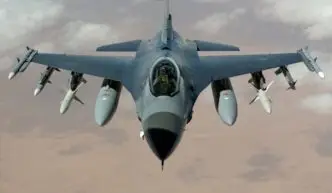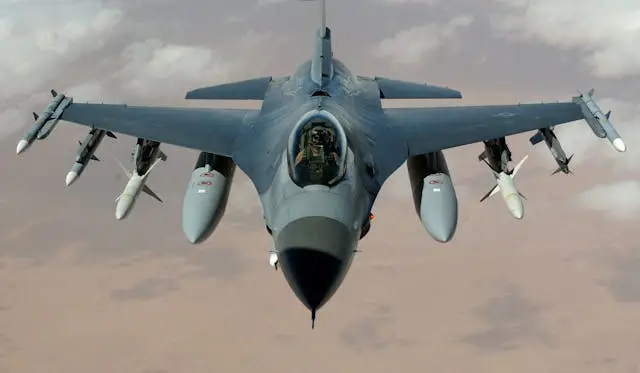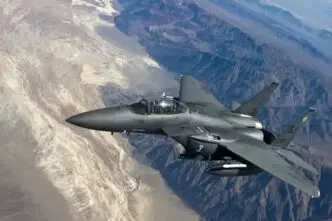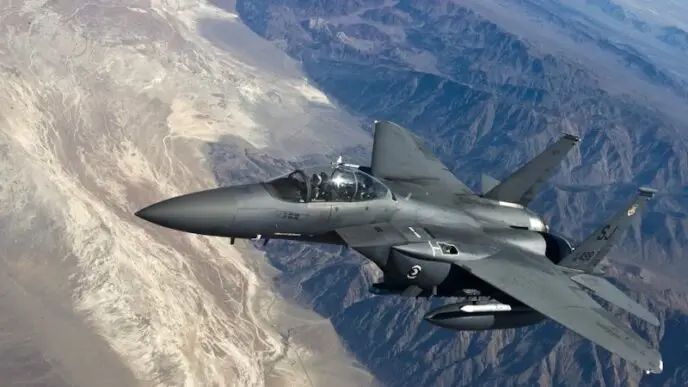Israel Resumes Airstrikes as Hamas Rejects Prisoner Exchange Deals
The fragile ceasefire between Israel and the militant group Hamas is over, as Israeli fighter jets resumed airstrikes on the Gaza Strip following the refusal of the group to accept multiple hostage deal offers, officials reported. The renewed conflict comes in the wake of a tense period of negotiations, revealing the deep-seated animosity that continues to plague the Middle East region.
Israel’s military confirmed that it had launched the strikes in response to Hamas’s persistent denial of several prisoner exchange proposals. These proposals were aimed at securing the release of Israeli citizens held captive by the militant group. The refusal by Hamas to agree to these deals has escalated the situation, leading to the resumption of violent conflicts between the two sides.
Hamas Rejects Hostage Deals Amid Ongoing Conflict
Hamas, a Palestinian Islamic political organization and militant group, has been holding several Israeli citizens captive, a situation that has strained the already fraught relations between the group and the Israeli government. The Israeli government had proposed multiple hostage deals in an attempt to secure the release of the captives, but these were all rejected by Hamas, leading to the recent airstrikes.
“Our primary goal is to ensure the safe return of our citizens,” said an Israeli official, who spoke on condition of anonymity. “It is unfortunate that Hamas continues to refuse to engage in constructive negotiations, leading to the resumption of hostilities.”
Israeli Airstrikes: A Response to Failed Negotiations
The Israeli military confirmed that its airstrikes were specifically targeted at Hamas’s military infrastructure in the Gaza Strip. The escalation follows a period of relative calm after a ceasefire agreement was reached in May following a devastating 11-day war that left hundreds dead on both sides. The return to conflict underscores the fragility of the ceasefire and the ongoing difficulty in achieving a lasting peace in the region.
“We have resumed our operations against Hamas in response to their refusal to engage in good faith negotiations over the captive Israelis,” said Lt. Col. Jonathan Conricus, a military spokesperson for the Israel Defense Forces (IDF). “Hamas’s continued belligerence leaves us with no choice but to protect our citizens and defend our sovereignty.”
The Impact on Middle East Peace Efforts
The renewal of airstrikes and the breakdown of negotiations between Israel and Hamas threatens to further destabilize an already volatile region. International observers have expressed concern over the potential for a full-scale war, which would have devastating humanitarian and geopolitical consequences.
United Nations’ Middle East envoy, Tor Wennesland, voiced his concern over the escalating situation, stating, “The resumption of airstrikes and violence is deeply troubling. It is crucial that all parties show restraint and work towards de-escalation. The path to peace is through dialogue, not violence.”
This latest flare-up in violence is a stark reminder of the challenges facing peace efforts in the Middle East. As the international community watches anxiously, the hope is that both parties will return to the negotiation table and avert a full-blown conflict. The stakes are high, and the world can only hope that peace will prevail.















